Why do they enter?
Who doesn’t lik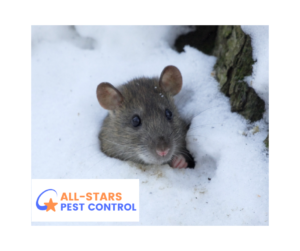 e to find a nice warm cozy spot inside when the weather turns cold? This is no different for mice in the Mechanicsville and Richmond Virginia areas. So, what do mice do in the winter?
e to find a nice warm cozy spot inside when the weather turns cold? This is no different for mice in the Mechanicsville and Richmond Virginia areas. So, what do mice do in the winter?
Well, they do not hibernate, that’s for sure. Mice prefer to live outdoors however, when the temperature drops, they move inside anywhere they can. They attempt to enter your home for two primary reasons:
- Decreasing food
- Potential heat sources
Mice are very social animals who are prolific breeders with keen senses except for eyesight. They use their whiskers to see and typically travel along walls and stored items.
Search for food begins.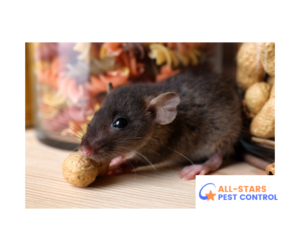
Food sources decrease during the winter months outdoors which forces them to enter your home. Mice end up finding your pantry, kitchen cabinets, and pet food stored in your garage; they also find your private hiding spot of all your favorite sweets and goodies. No food stock is safe from these furry creatures. Remember, they have the ability to squeeze through the smallest of holes and they are excellent climbers. If there is food available, they will find it.
Where is the warmth? 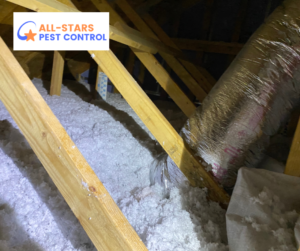
As temperatures drop outside mice search for warm places to live and where better than your temperature-controlled home? They will climb the outside of your home and gutter downspouts and find an access point into your attic where your insulation makes a perfect home for them. Mice will find small entry points around the foundation of your home like AC and electrical pipelines and nest inside your crawl space insulation. They will also enter small holes inside your home and nest inside your wall voids. They will find anywhere that is warm and safe from predators.
What are the dangers of a mouse infestation? 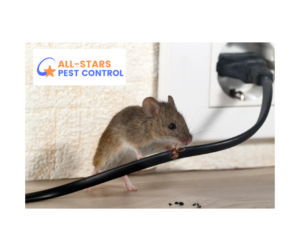
Other than mice having the ability to chew through wires which is a major fire hazard, the biggest concern about mice entering your home is the possible transfer of diseases they are known for carrying. Dangerous diseases such as:
- Hantavirus
- Pinworms
- Salmonella
- Lymphocytic Choriomeningitis
These diseases are transferred by their urine and feces which they continue to release while foraging. It is extremely important to trash any food with evidence of rodent activity on them. So how do you know if you have a mouse issue, look for some of these signs below:
- Gnaw marks.
- Fecal droppings
- Rub marks.
- Damaged/chewed goods.
- Tracks/footprints.
What should I do if I believe I have a mouse issue?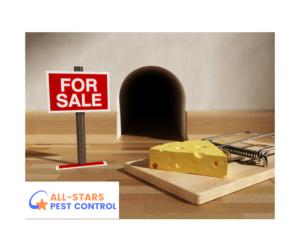
Since mice can transfer diseases and they present danger to your home, it is important to call a pest control professional when you believe you are dealing with a possible issue. It is even more important to prevent them from entering your home or business in the first place, which is why a recurring maintenance program is recommended. Visit allstarspest.com and learn how we can help you prevent a mouse infestation in your home or business.
